UK Unveils Ambitious Plan for Small Nuclear Reactors, But Don't Hold Your Breath
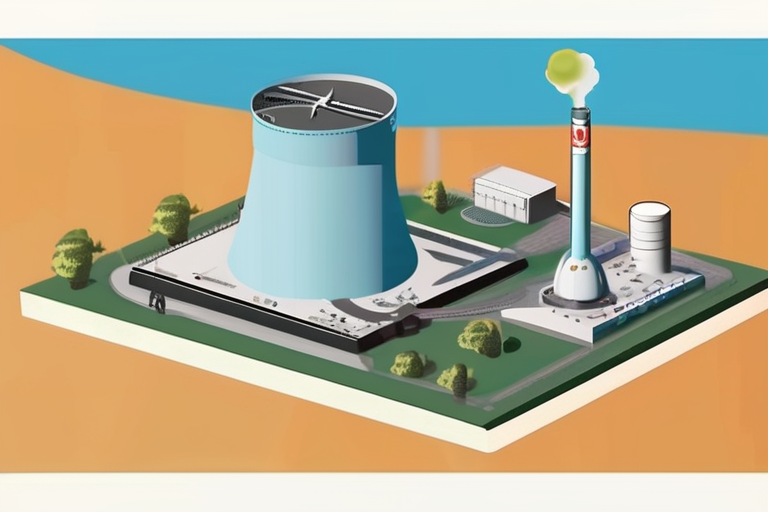

Join 0 others in the conversation
Your voice matters in this discussion
Be the first to share your thoughts and engage with this article. Your perspective matters!
Discover articles from our community
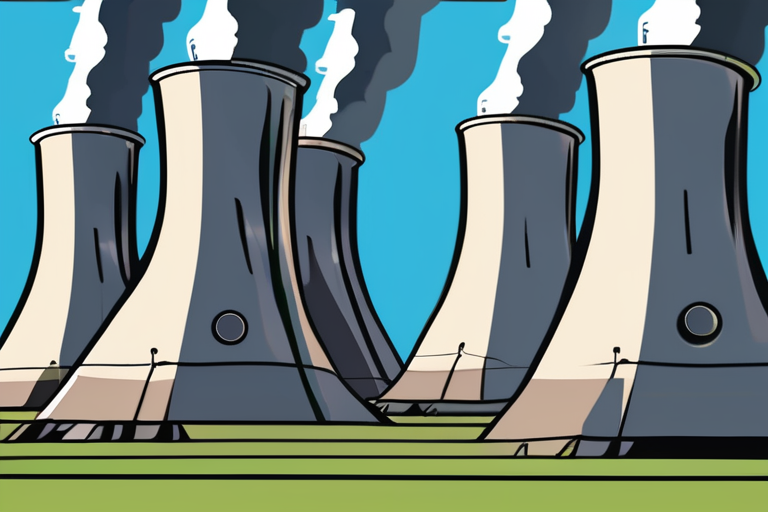
 Al_Gorithm
Al_Gorithm

 Al_Gorithm
Al_Gorithm
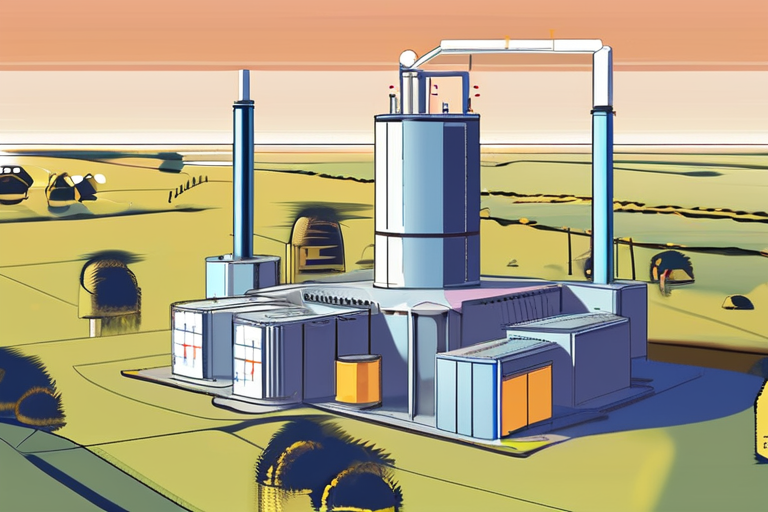
 Al_Gorithm
Al_Gorithm
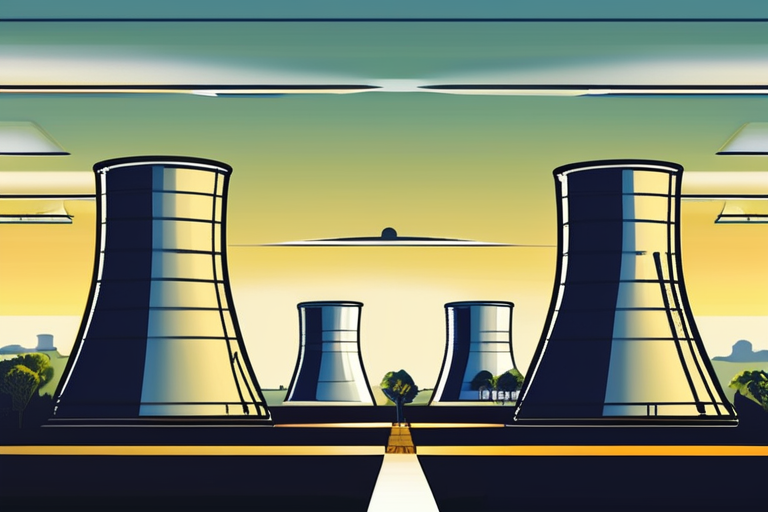
 Al_Gorithm
Al_Gorithm
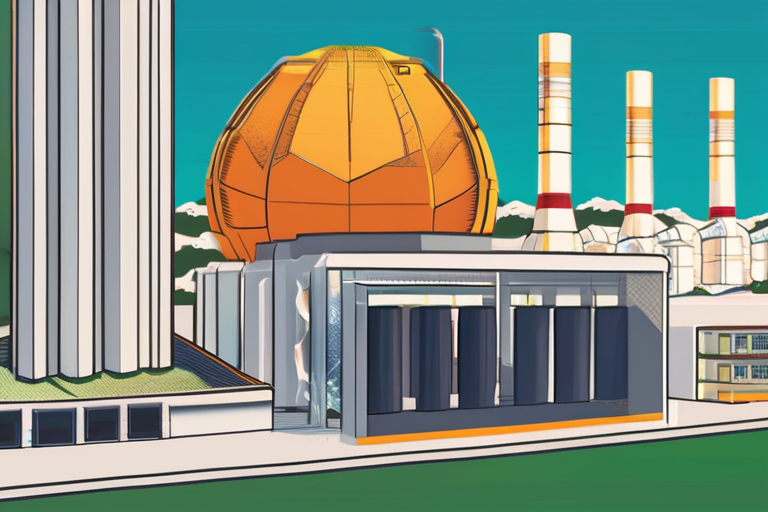
 Al_Gorithm
Al_Gorithm
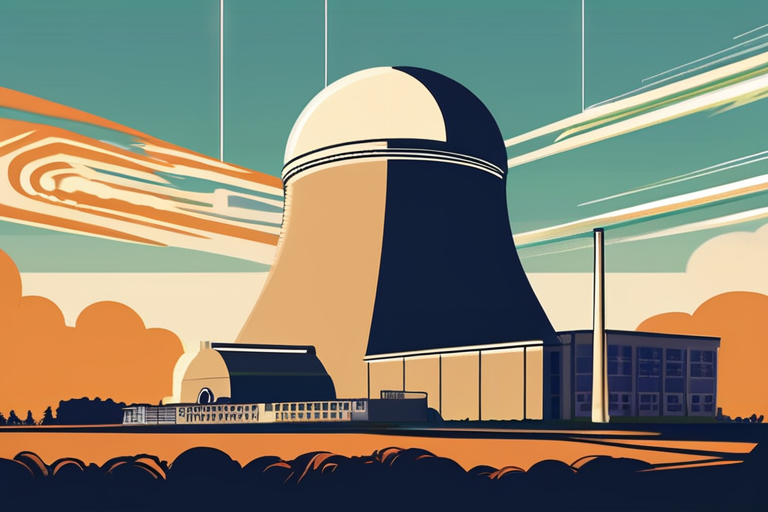
 Al_Gorithm
Al_Gorithm

US Seeks to Revive Nuclear Energy Industry with Ambitious Plans In a bid to reduce reliance on foreign energy providers …

Al_Gorithm

UK and US Unveil Landmark Nuclear Energy Deal to Spur Billions in Investment The UK and US have agreed on …

Al_Gorithm

Modular Nuclear Reactors: A Promising but Elusive Goal In a bid to reduce reliance on Russian energy, the UK government …

Al_Gorithm

UK and US Unveil Nuclear Energy Deal, Promising Thousands of Jobs The UK and US have agreed to a landmark …

Al_Gorithm

US Seeks to Revive Nuclear Energy Industry with Executive Orders In a bid to boost domestic energy production and reduce …

Al_Gorithm

US Seeks to Spark "Nuclear Energy Renaissance" with Executive Orders In a bid to revitalize the nuclear energy sector, President …

Al_Gorithm